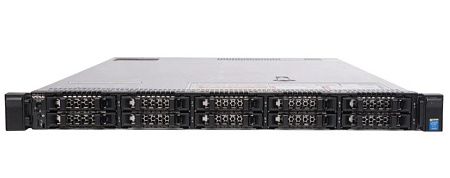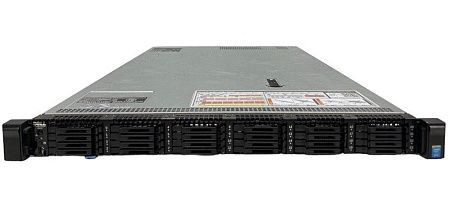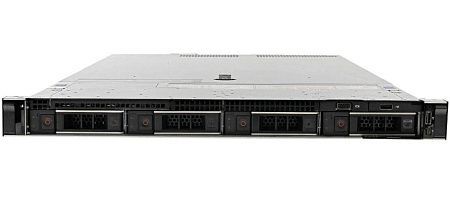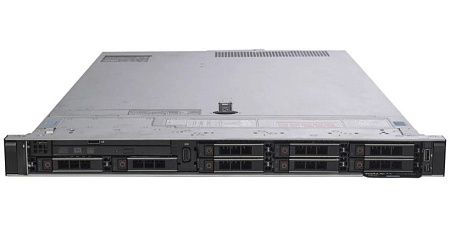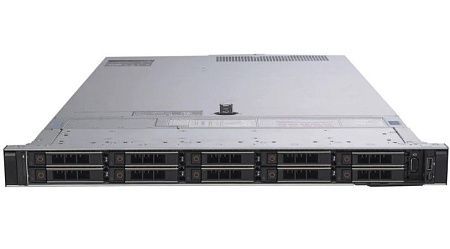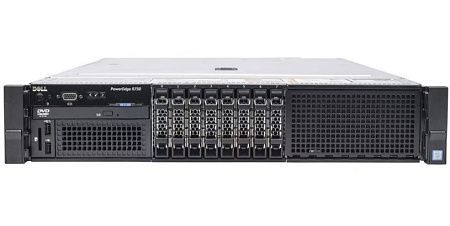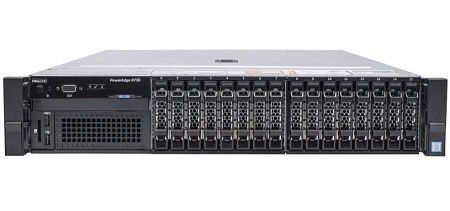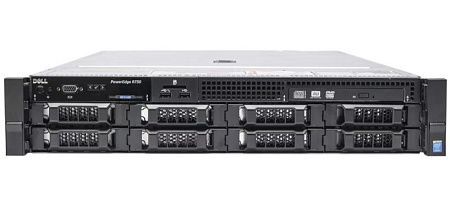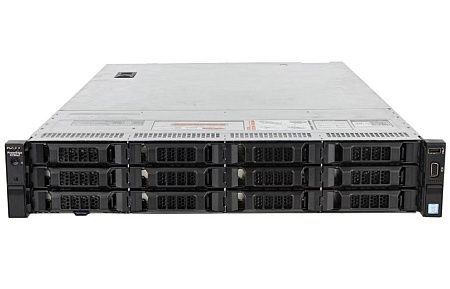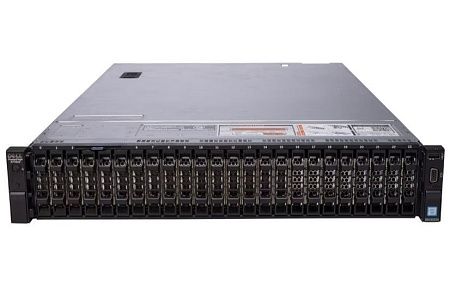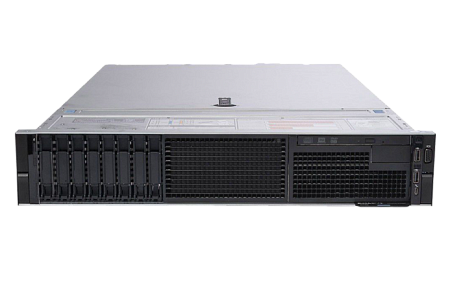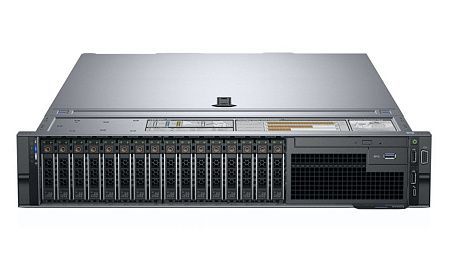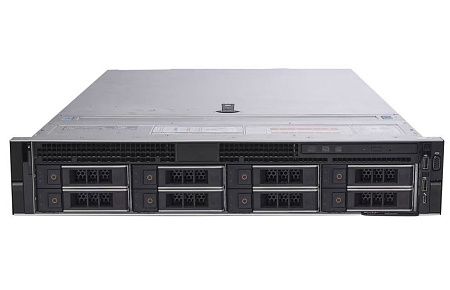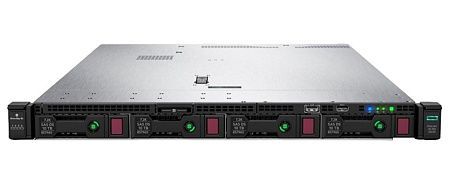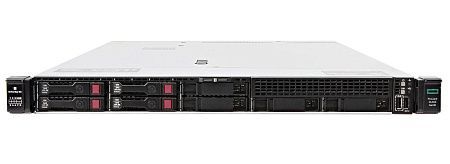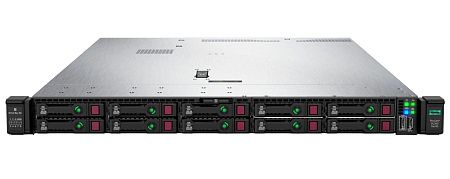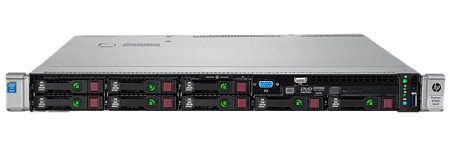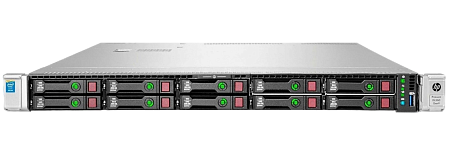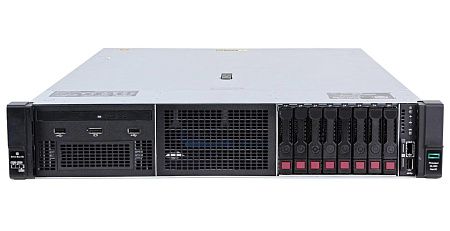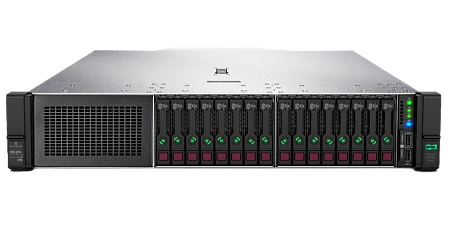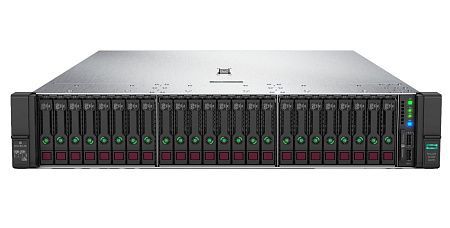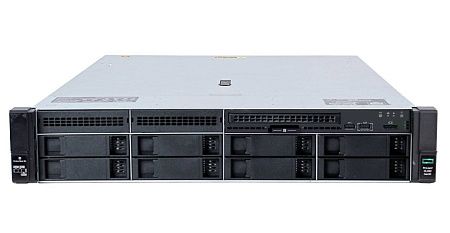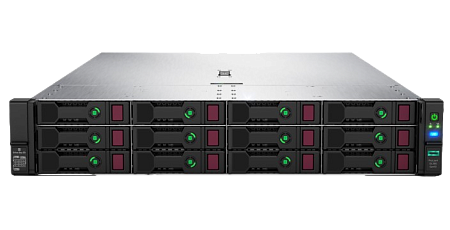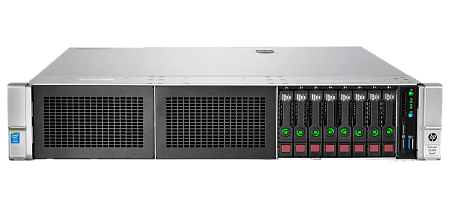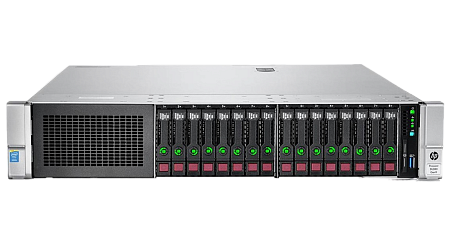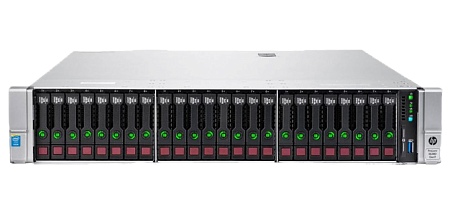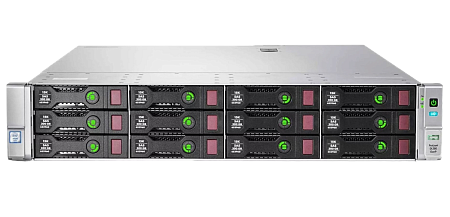An operating system (OS) is software that provides an interface for interacting with a computer's physical components. A server OS is a specialized type of software designed to manage large amounts of resources and perform more complex computations than typical consumer systems. It also facilitates remote work in multi-user environments. Selecting the right operating system for your server is crucial, as it forms the foundation on which your entire server software stack will run. It impacts server performance, security, and manageability. In this article, we will discuss popular server OS options and provide guidance on how to choose the right one.
Contents of Articles:

Most Popular Server OS Options
The choice of an operating system for your server depends on various factors, primarily your server's intended purpose and the technical requirements for its future functions. There are two main families of server OS options on the market: Windows and Unix-based systems. For instance, Apple's macOS Server belongs to the Unix-like category, as do all well-known Linux distributions. Some server OS options are commercially licensed, while others are open source and freely available. Below, we'll explore specific server OS options that are well-suited for server management.
Windows Server
Developed by Microsoft, Windows Server is one of the most commonly used server management solutions. It offers a comprehensive set of features and tools tailored for enterprise environments. Windows Server is built on technologies used in the consumer Windows operating system, making it compatible with Microsoft applications and infrastructure. It is an excellent choice when your company's ecosystem includes other Microsoft products or relies on a part of their core libraries. For instance, Windows Server integrates seamlessly with Microsoft Azure and System Center, enabling management of hybrid and cloud computing environments.
Additionally, it comes with built-in support for Active Directory, simplifying user, group, and resource management in corporate networks. This OS can serve as a web server, mail server, file server, database server, and more. Windows Server's user-friendly graphical interface makes server management accessible and straightforward, especially for administrators with limited experience in using command-line interfaces. If you don't require a graphical shell, you can disable it for a more lightweight configuration.
However, Windows Server has some drawbacks, including its high licensing costs and resource requirements. Licensing it for a large enterprise can be expensive. It demands significantly more RAM, disk space, and processing power compared to other server OS options. Additionally, Windows-based systems are often targeted by malware and viruses, increasing security risks. Nonetheless, Microsoft provides regular security updates and comprehensive support, enhancing the overall security of its products.

Debian
Debian is one of the oldest and most versatile open-source Linux distributions, widely favored as a server OS. Debian stands out for its stability, reliability, and flexibility in configuration, making it an ideal choice for ensuring uninterrupted server operation. Let's explore the key benefits of Debian.
Firstly, Debian is distributed under the GNU GPL license, making it freely available to a broad audience. Debian is highly customizable, allowing system administrators to configure the server to meet specific project requirements and tasks. Secondly, it boasts low resource consumption, making it a popular choice for conserving power and enhancing server performance. Debian has a vast community of open-source developers who regularly update the OS, provide security patches, and offer long-term support. Its most significant advantage over other Linux distributions is its extensive software and library repository, simplifying the installation and updating of server software. Debian supports various processor architectures, including ARM, x86-64, PowerPC, MIPS, IBM S/390, and more.
Nonetheless, Debian follows a conservative update policy, resulting in less frequent releases. This can lead to some components becoming outdated by the time of release. However, this approach contributes to Debian's stability and reliability. Additionally, Debian leans toward free and open-source software, which might limit its use for corporate tasks that require proprietary software or licensed products. Lastly, its interface is less user-friendly and intuitive compared to Windows Server or other Linux distributions, so it's best suited for administrators comfortable with command-line operations.
Ubuntu
The Ubuntu operating system is one of the leading Linux distributions and is a popular choice for server deployments. Ubuntu is developed and maintained by Canonical, along with an active community of developers. It is based on Debian and inherits qualities such as reliability, stability, and resource efficiency. Some of the advantages of Ubuntu include:
Free and open-source: Like Debian, this system is distributed freely under the GNU GPL license. It is also an open-source project, allowing anyone to modify and customize it to their needs.
Ease of management and extensive documentation: Ubuntu offers perhaps the simplest and most intuitive interface among all Linux distributions. It is easy to manage, and its extensive documentation and active community help in resolving any issues that may arise.
Regular updates: The distribution is continuously evolving, releasing updated versions every six months. This regularity contributes to security and provides access to new features.
Wide selection of software: Ubuntu comes with a rich set of software, including Apache, MySQL, PHP, Python, and more. Choosing this OS gives you the capability to develop and deploy a wide range of web applications and services.
However, it's worth noting that some specific software may be unavailable or have limited support for Ubuntu. Additionally, Ubuntu may require some level of system administration knowledge, including kernel-related skills. Furthermore, while Ubuntu can be used for corporate tasks, other OS choices may be preferable for servers in such cases.

CentOS
CentOS is a corporate-level Linux distribution that is widely used in the realm of server operating systems. Based on Red Hat Enterprise Linux (RHEL), CentOS is a free and open-source OS known for its excellent stability and low resource requirements. It is often chosen for virtual servers and is well-suited for various corporate tasks, including web servers, databases, network equipment, and other services.
Like many Linux systems, CentOS follows an open-source policy and does not require payment for use. It is often referred to as a free alternative to RHEL since it is functionally and structurally very similar. Among its other strengths, CentOS is known for its convenient package management tool, YUM, which simplifies the installation, removal, and updating of software. It also supports most popular hosting control panels.
CentOS has a large user base and dedicated forums where solutions and advice can be found. However, it lacks official technical support, and any support available comes at an additional cost. It's important to mention the change in Red Hat's plans for the development of the free OS. At the time of writing this article, the latest supported version is CentOS 7 (supported until the end of 2024), while the newer version, CentOS 8, is no longer supported in its traditional form.
Fedora
Fedora is another Linux-based operating system that is distributed freely under the GNU license. The project is sponsored by Red Hat and IBM and serves as a platform for the latest technological advancements and new features, which are subsequently integrated into the commercial RHEL distribution. Fedora has a relatively short life cycle, with new versions released every 6-8 months, making it suitable for those who want to stay at the forefront of development and use the latest tools and features.
An important feature of Fedora is that it comes with the latest version of the GNOME desktop environment, providing fast startup and ease of use. In the server edition (Fedora Server), a graphical interface is not included by default, but it can be installed if needed.
Despite its advantages, configuring Fedora may require a certain level of knowledge. When choosing this OS for specific tasks, administrators should possess the necessary skills and experience. Some packages may be unavailable or require downloading from third-party repositories.
Choosing a Linux System and conclusion
We've discussed just a few of the most well-known Linux distributions, but in reality, there are many more, and selecting the right system for your server can be quite challenging. You'll need to weigh the pros and cons of each OS to understand which one is best suited for your specific tasks.
If you don't plan to heavily load the server or need an OS that supports a wide range of applications, Debian or Ubuntu may be suitable choices. For high-load commercial projects, CentOS is a good option, but considering its discontinued support, you can opt for Alma Linux 8, a CentOS alternative developed in response to changes in CentOS development. When it's important to have access to the latest technologies and features, Fedora is a solid choice, but after each update, you'll need to verify compatibility with the software installed on your server.
In general, consider your project's goals, your preferences for use, and your own capabilities in terms of finances and system administration experience.
If you have any questions or need assistance in choosing a server or operating system, the experts at Newserverlife will be happy to help you.
Specialists of our company are ready to help you purchase the server and select the necessary server configuration for any required task.




